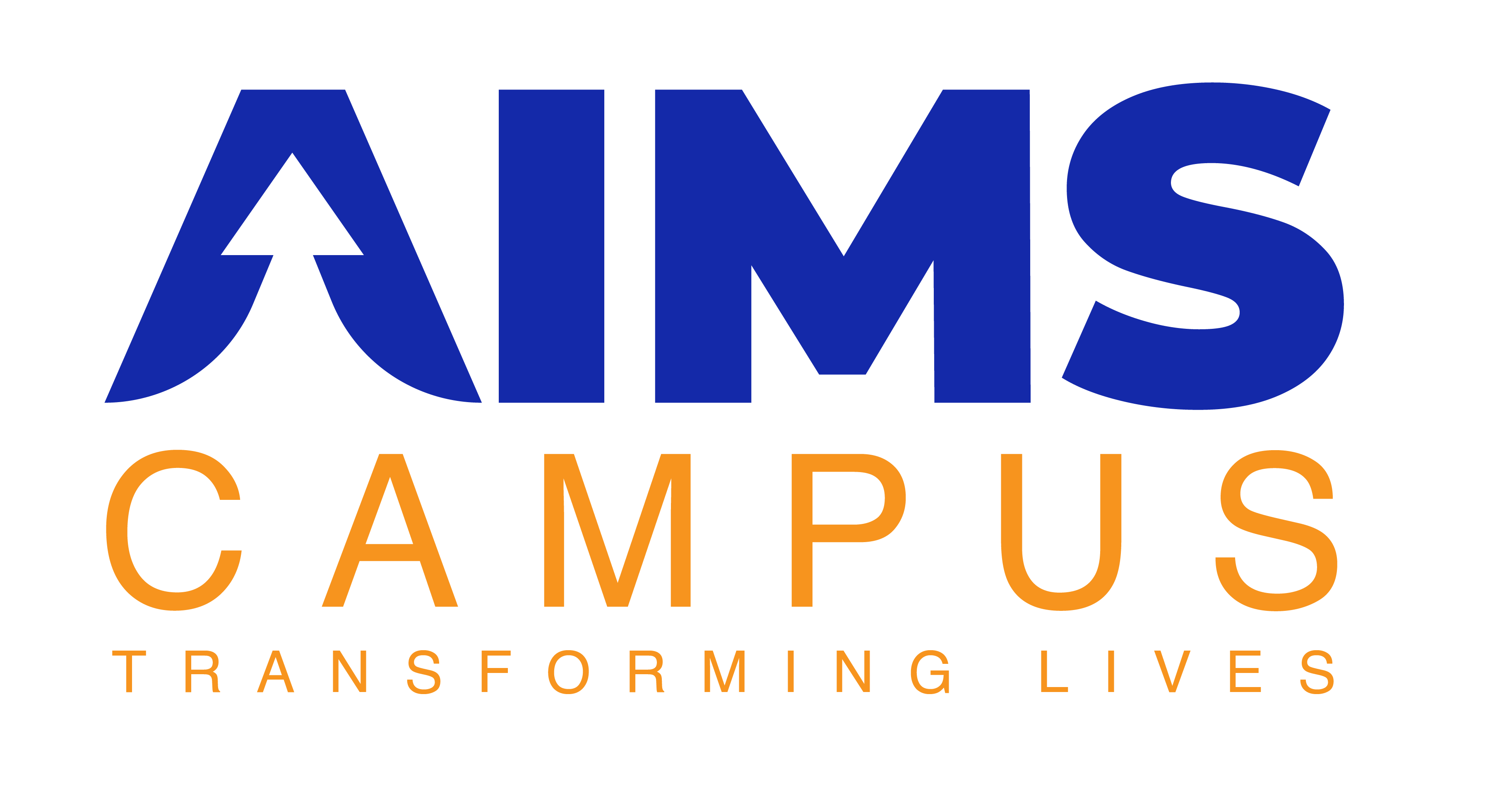Finance & Audit Committee
FINANCE & AUDIT COMMITTEE
| Committee Chair | Dr. Kithsiri Manchanayakke |
| Committee member | Mr. Upul Dasanayaka |
| Committee member | Pro. Sirimewan Waidyasekara |
| by invitation | Dr. Amarasingham Sivaneasharajah |
| by invitation | Ms. Hasini Perera |
| by invitation | Ms. Mariza Karandawela |
| by invitation | Ms. Sanduni Dilrukshika |
SCOPE
The scope of a finance and audit committee typically includes the following areas:
- Financial reporting and disclosure:
The committee is responsible for overseeing the accuracy and integrity of the organization’s financial statements and disclosures. This involves reviewing financial reports, ensuring compliance with accounting standards and regulatory requirements, and assessing the adequacy of internal controls over financial reporting.
- Audit oversight:
The committee provides oversight of the organization’s internal and external audit processes. This includes selecting and engaging external auditors, reviewing audit plans and findings, and monitoring the implementation of audit recommendations.
- Risk management:
The committee assesses and manages financial risks that could impact the organization’s financial stability and performance. This involves reviewing risk management strategies, evaluating the effectiveness of risk mitigation measures, and ensuring that appropriate risk management policies and procedures are in place.
- Internal controls:
The committee oversees the establishment and maintenance of internal controls related to financial reporting and operations. This includes reviewing and evaluating the effectiveness of internal control systems, ensuring compliance with regulatory requirements, and addressing control deficiencies.
- Compliance with laws and regulations:
The committee ensures that the organization complies with applicable laws, regulations, and industry standards related to financial matters. This includes monitoring changes in financial regulations, assessing compliance risks, and reviewing compliance reports and audits.
- Financial planning and budgeting:
The committee reviews and approves the organization’s financial plans, budgets, and forecasts. This involves assessing the reasonableness of financial projections, evaluating the allocation of resources, and monitoring financial performance against budgeted targets.
- Financial policies and procedures:
The committee reviews and approves financial policies and procedures to ensure they are in line with best practices and regulatory requirements. This includes policies related to financial controls, investments, cash management, and financial risk management.
- Communication and reporting:
The committee communicates with the board of directors or executive management on financial matters, including financial performance, significant financial risks, and audit findings. They also ensure that appropriate financial disclosures are made to shareholders, regulators, and other stakeholders.
Overall, the scope of a finance and audit committee is to provide oversight, guidance, and assurance on financial matters, ensuring the accuracy of financial reporting, effective risk management, and compliance with laws and regulations. The committee plays a critical role in maintaining the financial health and integrity of the organization.
|
Committee Chair |
Dr. Kithsiri Manchanayakke |
|
Committee member |
Mr. Upul Dasanayaka |
|
Committee member |
Pro. Sirimewan Waidyasekara |
|
by invitation |
Dr. Amarasingham Sivaneasharajah |
|
by invitation |
Ms. Hasini Perera |
|
by invitation |
Ms. Mariza Karandawela |
|
by invitation |
Ms. Sanduni Dilrukshika |
SCOPE
The scope of a finance and audit committee typically includes the following areas:
- Financial reporting and disclosure:
The committee is responsible for overseeing the accuracy and integrity of the organization’s financial statements and disclosures. This involves reviewing financial reports, ensuring compliance with accounting standards and regulatory requirements, and assessing the adequacy of internal controls over financial reporting.
- Audit oversight:
The committee provides oversight of the organization’s internal and external audit processes. This includes selecting and engaging external auditors, reviewing audit plans and findings, and monitoring the implementation of audit recommendations.
- Risk management:
The committee assesses and manages financial risks that could impact the organization’s financial stability and performance. This involves reviewing risk management strategies, evaluating the effectiveness of risk mitigation measures, and ensuring that appropriate risk management policies and procedures are in place.
- Internal controls:
The committee oversees the establishment and maintenance of internal controls related to financial reporting and operations. This includes reviewing and evaluating the effectiveness of internal control systems, ensuring compliance with regulatory requirements, and addressing control deficiencies.
- Compliance with laws and regulations:
The committee ensures that the organization complies with applicable laws, regulations, and industry standards related to financial matters. This includes monitoring changes in financial regulations, assessing compliance risks, and reviewing compliance reports and audits.
- Financial planning and budgeting:
The committee reviews and approves the organization’s financial plans, budgets, and forecasts. This involves assessing the reasonableness of financial projections, evaluating the allocation of resources, and monitoring financial performance against budgeted targets.
- Financial policies and procedures:
The committee reviews and approves financial policies and procedures to ensure they are in line with best practices and regulatory requirements. This includes policies related to financial controls, investments, cash management, and financial risk management.
- Communication and reporting:
The committee communicates with the board of directors or executive management on financial matters, including financial performance, significant financial risks, and audit findings. They also ensure that appropriate financial disclosures are made to shareholders, regulators, and other stakeholders.
Overall, the scope of a finance and audit committee is to provide oversight, guidance, and assurance on financial matters, ensuring the accuracy of financial reporting, effective risk management, and compliance with laws and regulations. The committee plays a critical role in maintaining the financial health and integrity of the organization.
Want to connect ?
Please feel free to get in touch with our subcommittee by sending an email to fa@aimscollege.edu.lk
Want to connect ?
Please feel free to get in touch with our subcommittee by sending an email to fa@aimscollege.edu.lk
Location
Main Campus
349/2 Main Street,
Negombo,
Sri Lanka
Colombo Campus
No: 33A, Vijeya Kumaratunga Mawatha,
Colombo 05
Sri Lanka
Follow Us
Contact Us
Hotline : +94 11 757 4500
Email : info@aimscollege.lk
Get In Touch!
Unlock boundless opportunities and pave the way for a brighter tomorrow.
Invest in your education today!
Location
Main Campus
349/2 Main Street,
Negombo,
Sri Lanka
Colombo Campus
No: 33A, Vijeya Kumaratunga Mawatha,
Colombo 05
Sri Lanka
Follow Us
Contact Us
Hotline : +94 11 757 4500
Email : info@aimscollege.lk
Get In Touch!
Unlock boundless opportunities and pave the way for a brighter tomorrow.
Invest in your education today!
Designed by Tranzform International | © AIMS College of Business and IT (Pvt) Ltd

